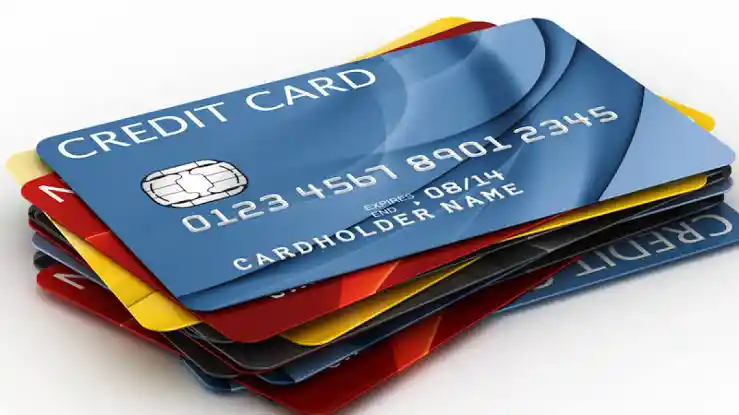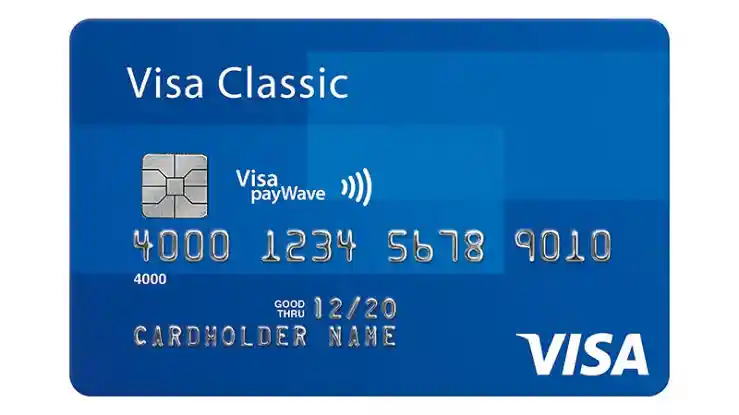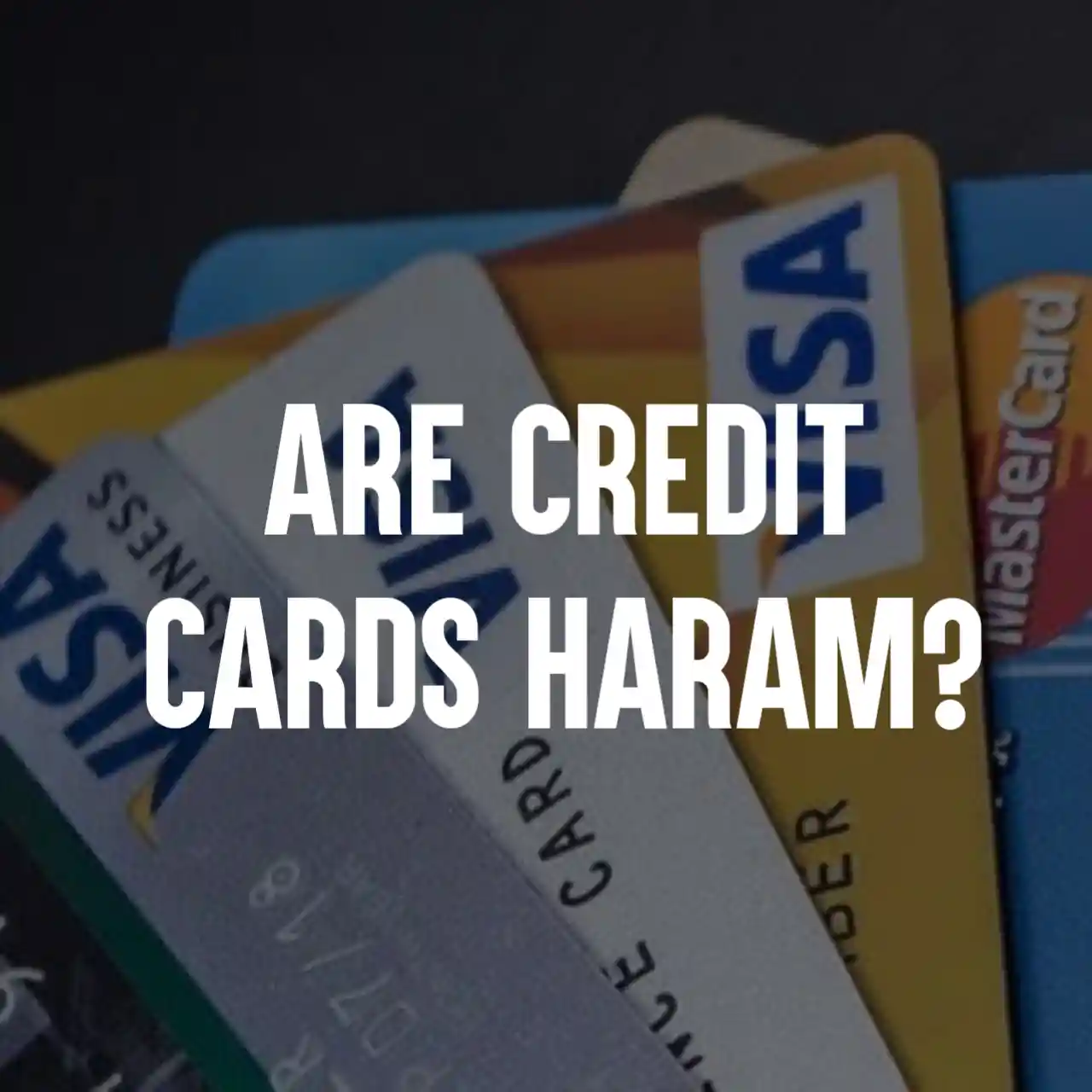Are Credit Cards Haram? Everything You Need To Know
Credit cards have evolved into a widely used tool in modern economic activity. Naturally, Muslims are prohibited from dealing with interest, dealing with credit cards is surrounded by many questions related to their permissibility.
Advertisements
Credit cards are prevalent and widely used by many Muslims today – but are credit cards haram? In this article, we will attempt to look at the answers to some of these questions.
Are Credit Cards Haram?
Yes, Credit cards are haram because the bank lends money to the user in exchange for interest, and this interest is the cost of the annual subscription to the credit card, as well as other interest charges that must be paid to the bank if the user fails to pay on time.
However, it is halal and permissible to use credit cards that do not include things that are prohibited in sharee’ah, such as charging interest for late payments or charging a percentage of the money withdrawn, because these fall under the category of riba, which is haraam.
However, there is nothing wrong with charging a set fee when issuing or renewing the card as a fee for the services offered and covering only the cost of those services.
Advertisements
Is Life Insurance Halal In Islam?
Is Having A Credit Card Haram?
Having credit card is considered haram when the bank lends money to the user in return for interest, and this interest is the price of the annual subscription to the credit card, as well as other interest charges which are to be paid to the bank if the user is late in paying.
The cost of the card is a kind of riba which the user pays to the bank, and this riba is paid by the user whether he pays on time or not.
Also, the user enters into a contract with the bank which means that he is obliged to pay interest if he delays payment. This is also haram, because it is not permissible for a Muslim to commit himself to doing something that Allah has forbidden.
The user may think that he can pay up on time, but then something happens to him that prevents him from doing so, so he pays riba to the bank.
Advertisements
Shaykh Ibn ‘Uthaymin (may Allah have mercy on him) said concerning this kind of contract:
“A contract of this type is not permissible, because it involves riba which is the price of the card, and it also means committing to pay interest if payment is delayed.”
In another fatwa he said:
Advertisements
“This transaction is haram, because the one who enters into it commits himself to paying riba if he does not pay on time. This is an invalid commitment, even if he believes or thinks it most likely that he will pay it before the time is up, because circumstances may change and he may not be able to pay it off. This is a matter that is in the future, and no one knows what will happen to him in the future. So dealings of this type are haram.”
End of quote.
READ ALSO Is Chipotle Halal In US, Canada And Uk

Are Credit Cards Halal?
Yes, credit card is considered halal and permissible to use it if it is free of the following reservations:
- Stipulation of interest or a penalty to be paid in the event of late payment.
- Charging a fee for issuing a non-prepaid credit card that is greater than the actual costs.
- Charging a percentage of withdrawals if the card is non-prepaid.
- It is permissible to charge the actual cost only; anything more than that is riba (usury).
- Buying gold, silver and currency with a non-prepaid card.

This Islamic Fiqh Council has issued a statement to that effect.
If the credit card is free of the reservations mentioned above, but there is a stipulation of a penalty in the event of late payment, then some scholars regard it as permissible to use such cards in the West, when it is not possible to do some transactions without a credit card.
IslamQA put the following question to Shaykh Muhammad ibn Saalih al-‘Uthaymeen (may Allah have mercy on him):
Credit cards include a riba-based condition whereby if I delay payment, they will impose on me a penalty, but where I live in America it is not possible for me to rent a car or a shop or avail myself of many public services without a credit card, and if I do not use a credit card I will experience unbearable difficulties. If I commit to paying off at a certain time, so that I will not have to pay interest, does that make it permissible for me to use this card in the difficult situation in which I am living?
He answered as follows:
If the hardship is definite, and the likelihood of delay in payment is remote, then I hope that there is nothing wrong with it.
Question: does the stipulation of interest (riba) render the contract invalid or not?
Answer: If there is an invalid condition in the contract, it does not render the contract invalid for several reasons:
- Necessity.
- Because it is not going to happen, because the one who is signing this contract thinks it most likely that he will pay on time.
Because the individual thinks it most likely that he will pay on time, and the condition is not going to happen (he is not going to delay payment), and because it is a matter of necessity – and this last point is the most important – I hope that there will be nothing wrong with this, because we have a definite matter, which is necessity, and we have an uncertain matter, which is delay in payment. So giving precedence to that which is definite is more appropriate. And Allah knows best. End quote.
What appears to be the case from your question is that you have no need to use this credit card, and this is by the grace of Allah to you.
If that is the case, then it is not permissible for you to have the card issued or to use it in order to build a good credit score so as to reduce insurance payments.
This need can be met by spending (extra) money, and money may be spent to protect one’s religious commitment.
So long as an individual is not faced with extreme hardship that he cannot relieve except by using a haraam credit card, it is not permissible for him to use it or have it issued, especially if it involves paying extra fees (greater than the actual cost, which is regraded as riba) for issuing or renewing the card, or making withdrawals, because riba is not permissible except in cases of necessity.
If it is possible to use a prepaid card, then there is nothing wrong with it, because that is not a loan and does not involve any riba-based conditions, and there is nothing wrong with paying fees for it.
This applies if it can be used to build a good credit score and will help to reduce insurance premiums; in this manner you can achieve what you want without doing anything that is unlawful.
And Allah knows best.
Adopted from Islamqa website.
Advertisements







